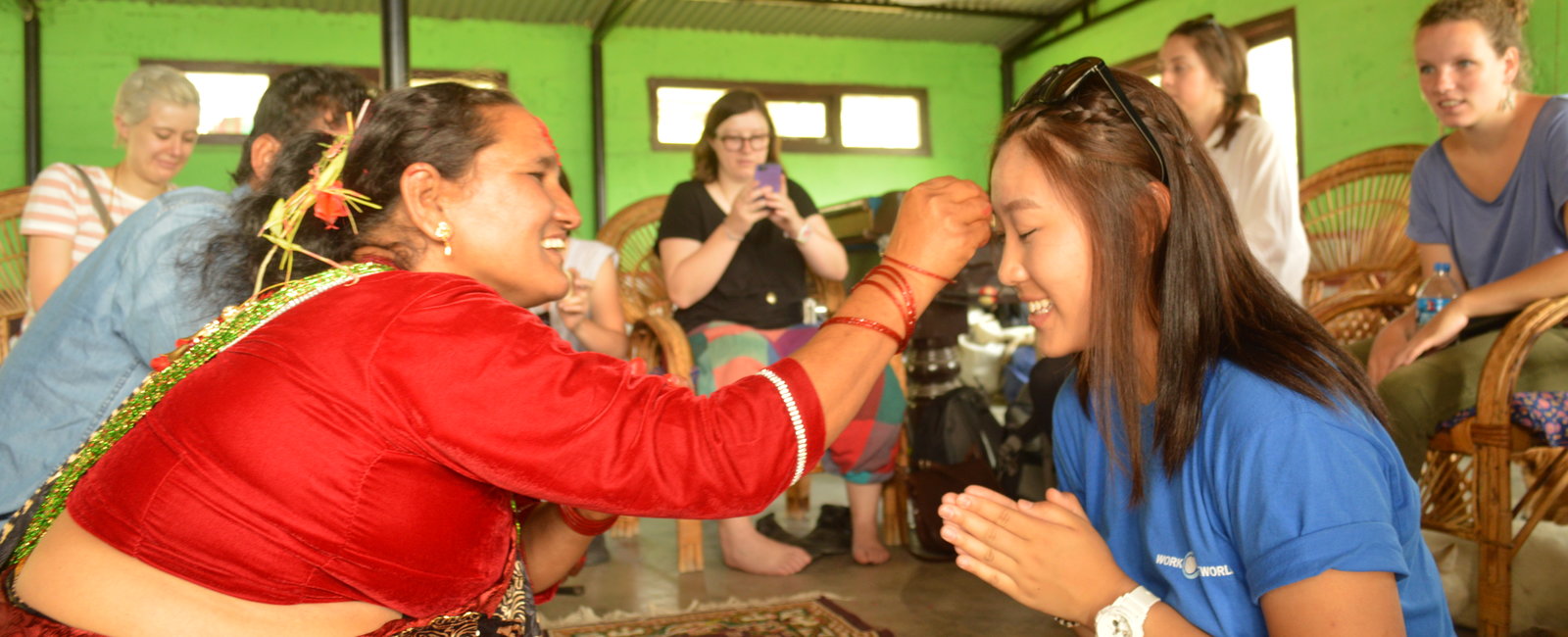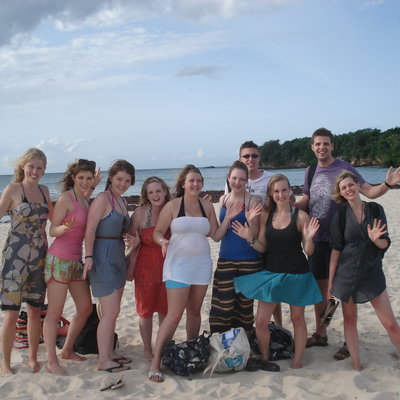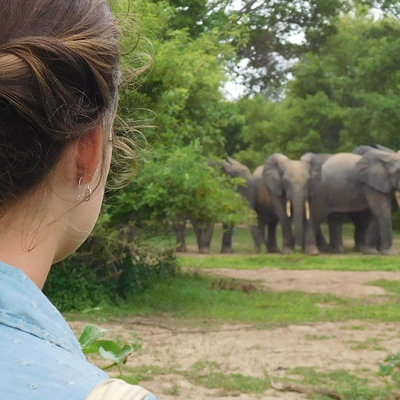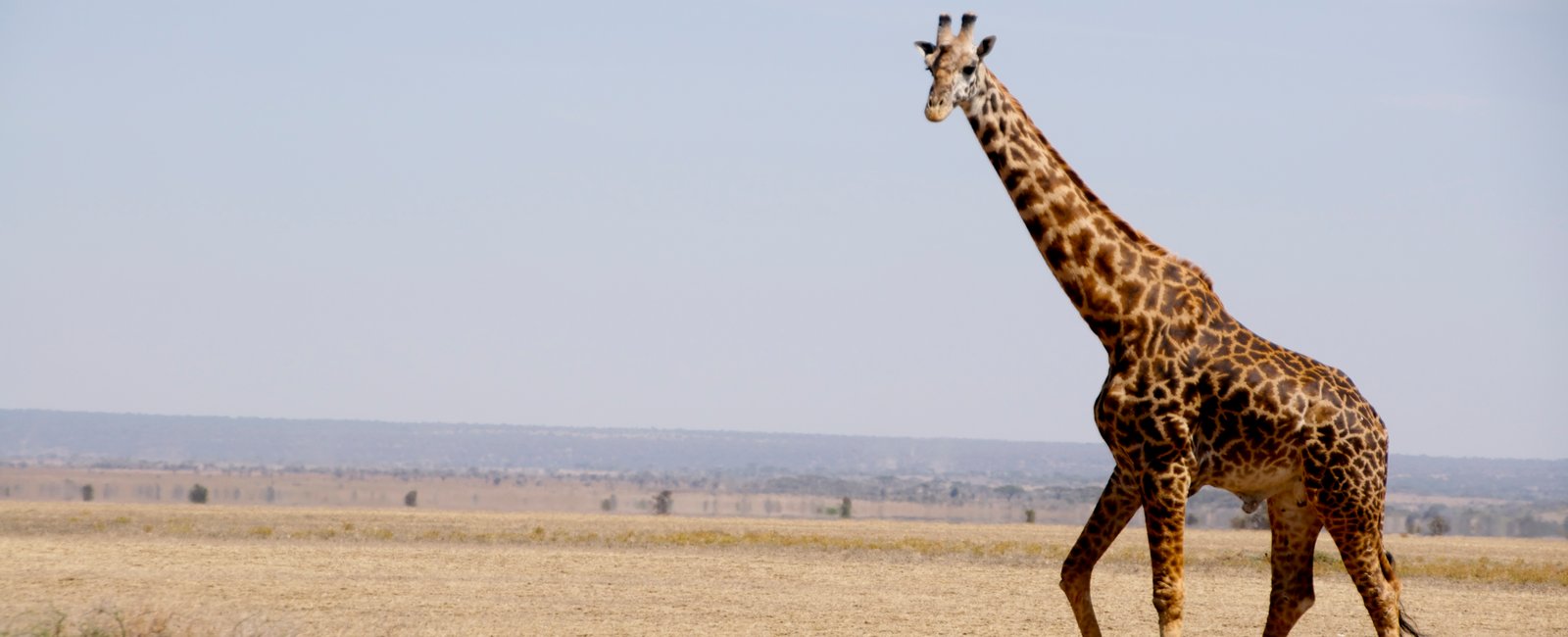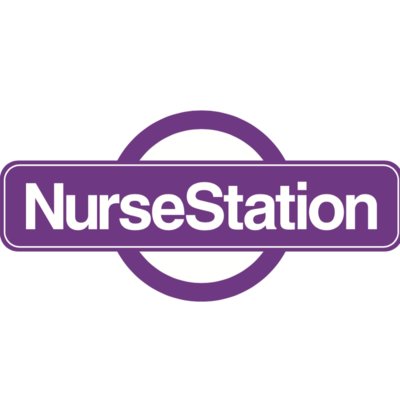Traditional medicine in practice
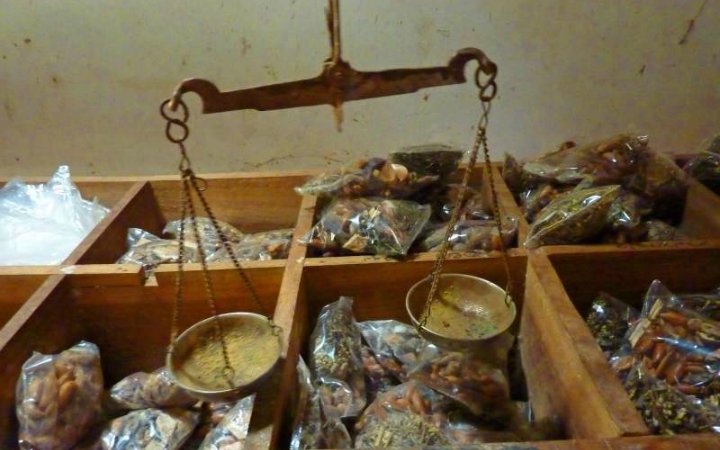
Traditional, or herbal medicine in Ghana is a big deal. In fact, according to the WHO 70% of Ghana’s population “depend exclusively on traditional medicine for their health care.”
At the last count, the WHO estimated that there were around 100,000 traditional medicine practitioners (including spiritual healers), across the country. This makes them widely available to the public and, according to the WHO, “the backbone of the health care delivery system.” In fact, traditional practitioners outnumber modern doctors 30 to 1.
Traditional medicine has a long history in Ghana and, indeed, the world. This knowledge is typically in the hands of ‘spiritual healers’, but the vast majority of families across the country have some knowledge of traditional medicine. This knowledge is inherited, and generally passed down through the generations via oral tradition. To give you some perspective, doctors in the UK are the official practitioners of modern medicine, but many families have a basic understanding of first aid.
People’s views on health, no matter where you are in the world, are shaped by their cultural and ideological beliefs. Most people in Ghana fully accept modern, science-based medicine, but traditional medicine is still held in high regard, as it gives validity to the overall health experience.
a place for modern medicine?
Of course, as with many other imports from the developed world, science-based or ‘allopathic’ medicine is taking and holding ground in Ghana. It was missionaries who introduced modern medicine to the country in the late 1800s and after Ghana gained independence in 1957, its government began the process of promoting modern medicine as the country’s official medical system.
While the 1800s may seem like a long time ago, in the broader context of time it is not. In the face of the rapid importation and development of modern practices, a hidden battle is being fought to preserve Ghana’s medicinal traditions.
As most people still use traditional medicine it’s not particularly obvious, but the numbers are in decline, and many people have begun to notice.
The increase in the number of institutions that practice modern medicine has even encouraged some groups to set up their own small independent herbal medicine hospitals and clinics across the country.
Can the two practices coexist?
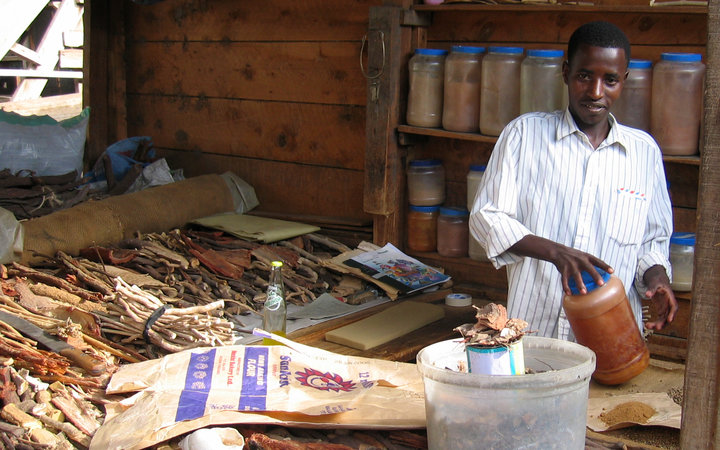
Most of Ghana’s recent governments have made a very public concerted effort to recognise traditional herbal medicinal practices. This includes osteopathy, hydropathy, acupuncture, homeopathy, and beyond.
But while traditional remedies may have cultural value, there’s very little science to back it all up. And in the face of modern medicine’s centuries-old of scientific history, what leg does traditional medicine have to stand on? If these age old practices are to be preserved successfully, it’s apparent that advocacy groups need to find a way to help them fit into the existing scientific paradigm.
Of course, there are a number of issues that may stand in the way of such an integration. Ailments in Ghana have historically been seen in a truly holistic sense, even going beyond the physical. The spiritual and the supernatural are also often considered to be the root cause of issues that modern medicine would provide scientific answers for.
Real efforts are being made by both government and non-governmental bodies to ease the process of integration. The country has come far in terms of making connections between traditional herbal practices and modern scientific medicine. Alongside the introduction of a herbal medicine BSc at the Kwame Nkrumah University of Science and Technology’s College of Health Sciences, the prescription of herbal preparations in some hospitals and clinics is also underway.
Moving forward
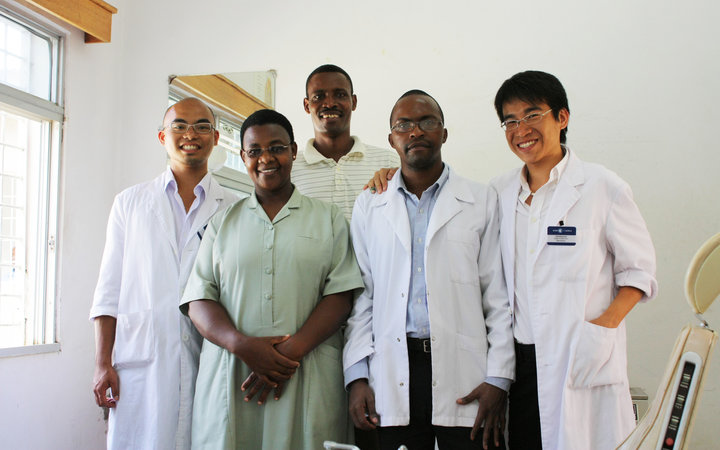
The Ministry of Health’s website states that their objectives are to “[...] ensure effective development and integration of Traditional and Alternative Medicine as a distinctive medical practice system within the National Health Care System.”
This is a very public acceptance of traditional practices, but it is first and foremost a commitment from the government to the future of both forms of medicine coexisting.
Much more recently in Accra a governing body for the Centre for Plant Medicine Research has been set in motion.
The board have been tasked with overseeing research into plant-based remedies for the “promotion, encouragement, extension, transfer and application of scientific research knowledge and development in the field of plant medicine.” according to a recent government press release.
As Ghana continues to develop, it seems there is not only room for traditional medicine, but the government itself is actively encouraging research to usher the practice through this transitional stage.
